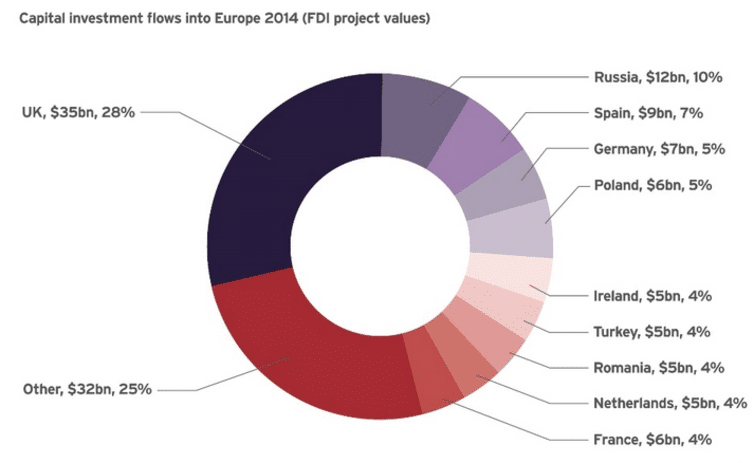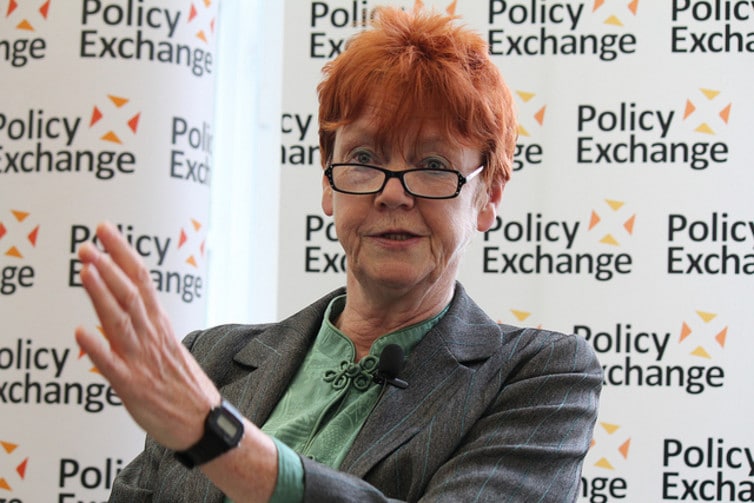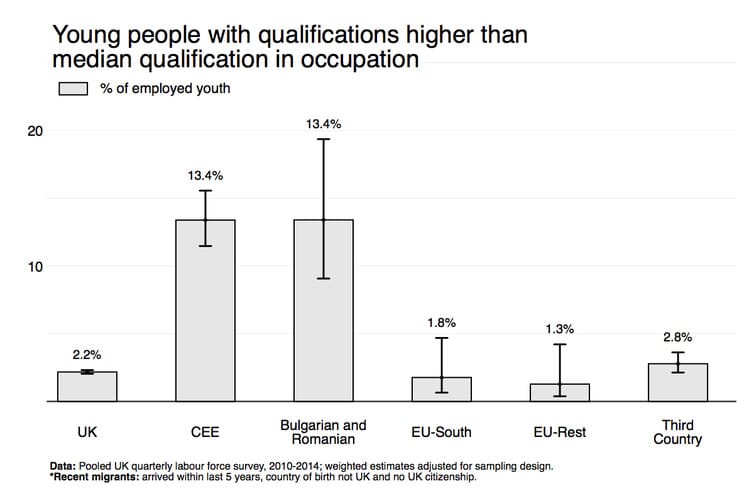If Britain Leaves the EU, Will Investors Leave Britain?
Foreign investors love Britain, but Brexit would kill the vibe. According to new research colleagues and I have conducted at the Centre for Economic Performance, leaving the European Union could lead to a fall in inward foreign direct investment into the UK of close to a quarter. This would damage productivity and could lower people’s real incomes by more than 3%.







